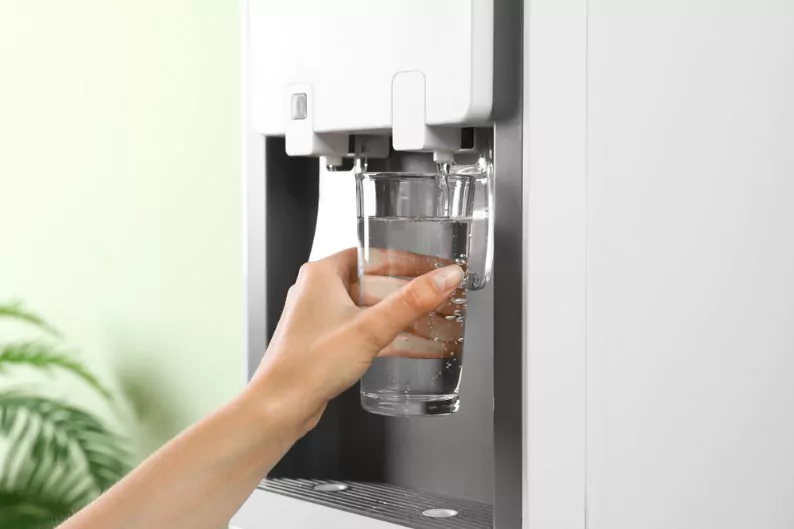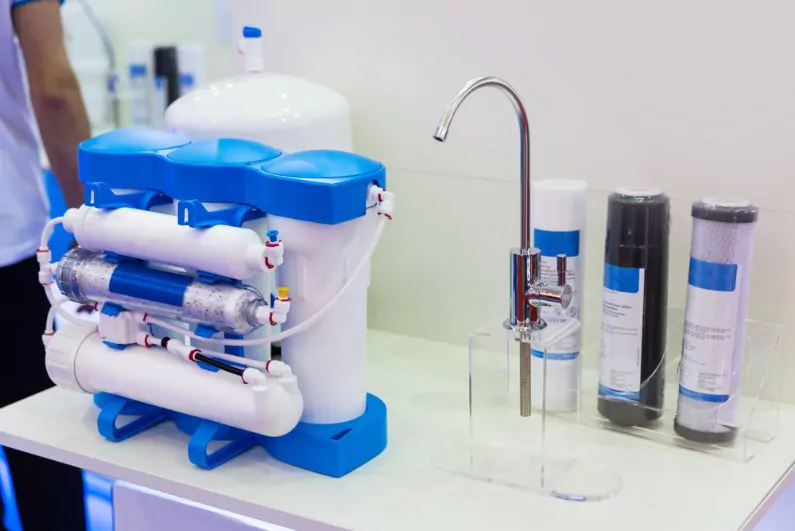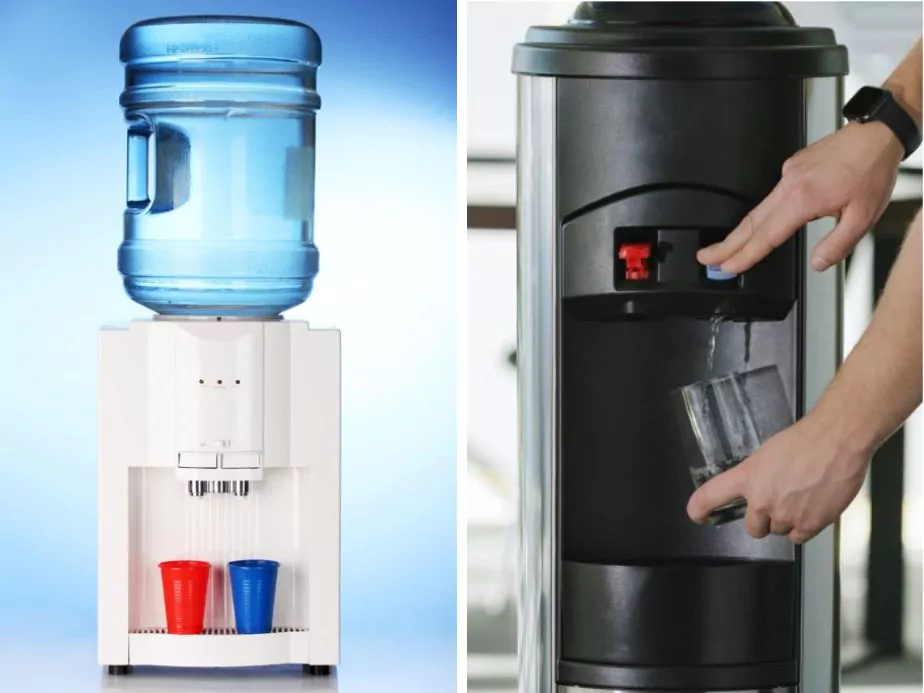How to Choose Water Purifier? A Beginner’s Guide

As the world around us is getting more industrialized, the risk of water contamination is increasing at an alarming rate. Consequently, the need for a home water purifier has never been more pressing. Are you contemplating how to choose a water purifier that’s best for your needs? You’ve landed at the right spot. We will unravel a comprehensive guide on how to choose water purifier, considering various factors like water source, contaminant types, purification technologies, maintenance cost, and more.
1 Understanding the Importance of Water Purifiers
Water is a fundamental necessity for our survival. Unfortunately, the water we receive in our homes isn’t always safe for consumption due to potential contamination. This is where the role of a water purifier comes in. It helps eliminate contaminants, ensuring the water we drink is safe and healthy.
2 How to choose water purifier?

Assess Your Water Source and Quality
The first step on your journey to learning how to choose a water purifier is identifying your water source and its quality. Is it from a municipal corporation, borewell, or a mix of both? Depending on your water source, the level of impurities varies. Borewell water is usually high in Total Dissolved Solids (TDS), containing heavy metals and fluoride, while municipal water may have a lower TDS but could still have harmful bacteria and viruses.
Get a water quality test done to determine the level of TDS and the presence of contaminants. It’s a critical step in understanding how to choose a water purifier that matches your specific needs.
3 Understanding Different Water Purification Technologies
Water purifiers employ various technologies to eradicate contaminants. Here’s a rundown of the most common ones:
- RO (Reverse Osmosis): Effective in eliminating dissolved salts, heavy metals, and other impurities, RO purifiers are ideal for water with high TDS levels.
- UV (Ultraviolet) Purification: This technique uses UV rays to kill microbes, bacteria, and viruses, making the water safe to drink.
- UF (Ultrafiltration): UF purifiers use a membrane to remove suspended particles, bacteria, and cysts from water.
To select the right technology, you need to understand the contaminants in your water. For instance, if the water has high TDS and microorganisms, a RO+UV purifier would be suitable. However, if the TDS level is low, but microorganisms are present, a UV purifier would be more appropriate.
Size and Storage Capacity
Your quest for understanding how to choose a water purifier also requires you to consider the purifier’s size and storage capacity. Consider your family size, daily water consumption, and available space in your kitchen. Larger families or areas with frequent water shortages would benefit from a purifier with a higher storage capacity.
Water Pressure
The water pressure in your house impacts the type of purifier you should opt for. RO purifiers require high water pressure, and if your house has low water pressure, you’ll need to install a pump.
Maintenance Cost
While deciphering how to choose a water purifier, factor in the maintenance cost. Different purifiers have varying maintenance needs, including filter replacement. Ensure you’re comfortable with the ongoing costs before making a purchase.
Certifications
Reliable certifications assure you that the purifier has been tested and validated for quality and safety. Look for certifications from organisations such as NSF, WQA, or ISI when choosing a water purifier.
Brand Reputation and Warranty
Finally, consider the brand’s reputation and the warranty offered on their products. A reputable brand is likely to have good after-sales service, ensuring peace of mind for the customer. Analyse customer reviews and choose a brand that stands behind its products with a substantial warranty.
To sum up, understanding how to choose a water purifier involves a fair bit of research and consideration. The purifier you choose should effectively remove contaminants specific to your water source, be of appropriate size and capacity for your needs, fall within your budget, and come from a reputable brand. Also, ensure it’s certified by recognised organisations.
4 Additional Tips on How to Choose Water Purifier

- Electric vs Non-electric: If you live in an area with frequent power outages, a non-electric purifier could be a better choice, although it may not be as efficient in removing all types of contaminants.
- Installation and Convenience: Opt for a purifier that’s easy to install and operate. A complex system may require frequent expert assistance, adding to your costs.
- Check for Auto Shut-off: This feature automatically stops the operation once the storage tank is full, preventing the wastage of water.
- Consider the Aesthetics: While not as vital as performance, the appearance of your purifier should blend well with your kitchen aesthetics.
5 Wrapping Up
Learning how to choose a water purifier is a significant step towards securing your family’s health. Clean drinking water not only prevents waterborne diseases but also contributes to overall well-being. A water purifier is a long-term investment for your health, so make an informed choice.
Remember that there’s no one-size-fits-all when it comes to water purifiers. What works best for you depends on your unique situation and requirements. This comprehensive guide on how to choose a water purifier should help you make a well-informed decision.
Invest your time in understanding the intricacies of the different technologies available, get to know your water better, and keep the above-mentioned factors in mind while making a purchase. A good water purifier will serve you for many years, making the process of choosing the right one vital.
Community Q&A
About This Article
This article has been viewed 493 times.



